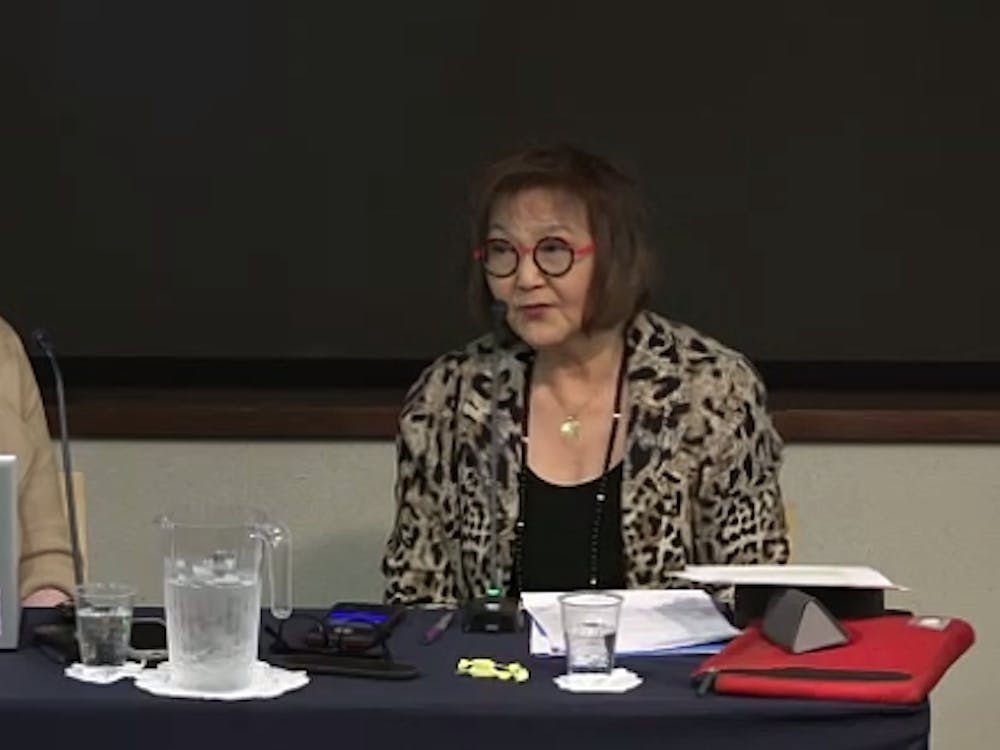Countries often aim to present the best version of themselves to the world when hosting major international events. Some countries have taken drastic measures to ensure that visitors see as much of the nation’s good side and as little of its bad side as possible.
The 26th annual Asia-Pacific Economic Cooperation (APEC) Economic Leaders’ Meeting took place from Nov. 10 to Nov. 12 in Beijing, China. APEC is a forum for 21 Pacific Rim member economies — including the U.S. and China — that aims to promote free trade and economic cooperation throughout the Asia-Pacific region. The heads of government of all APEC members (except Taiwan) attended the annual APEC Economic Leaders’ Meeting. Additionally, several other APEC events, such as the APEC CEO Summit, took place in Beijing from Nov. 5 to Nov. 11.
In preparation for the APEC conference, the Chinese government rolled out a number of measures in an effort to cut back on smog and air pollution, for which Beijing is notorious. However, these measures greatly interfered with the daily lives of millions of Beijing residents. Additionally, the Ministry of Environmental Protection disrupted economic activities in a nearly California-sized area that includes not only Beijing but also six other provinces, municipalities and autonomous regions. In this APEC-friendly area, which covers 17 major cities, residents were only allowed to drive on alternating days, depending on whether their license plate ends with an odd or an even number. Thousands of factories were ordered to close, and thousands more were ordered to reduce emissions by 30 percent. Trucks were only allowed to enter Beijing between midnight and 3 a.m., causing shortages of supplies and goods ranging from furniture to fresh produce.
Beijing also tried to temporarily shed some of its 21 million residents by declaring a six-day APEC Golden Week. Workers and officials in the public sector and students in public schools were given a vacation similar to the annual Golden Week that occurs around National Day in October. The government encouraged travel agencies in Beijing to offer discounted tour packages to motivate residents to leave the city during this time. Beijing halted work on construction projects and placed a hiatus on issuing marriage licenses and passports. The government set limits on cultural activities as well. Newlyweds were prohibited from setting off firecrackers, and temple-goers were prohibited from burning certain types of incense. Those paying respects to their deceased loved ones were prohibited from burning paper wreaths and other ritual items.
These measures helped clear Beijing’s skies, as air quality in the region has dramatically improved. However, not everyone in the Chinese public is optimistic about how long these positive changes will last. In fact, Chinese netizens have coined the term “APEC Blue” to describe something beautiful but fleeting, like the clear blue skies and sunny days that will most likely disappear as soon as the APEC conference has concluded and people return to business as usual.
Beijing residents are all too familiar with what will happen next, as similar short-term measures were implemented during the 2008 Beijing Olympics. Closing factories and limiting the number of cars on the road successfully cast aside smog in August 2008 but brought no long-term improvements after all the athletes and spectators had returned home.
Some Chinese citizens appreciated APEC for bringing them blue skies and empty roads, even if the changes were just temporary, re-imagining the acronym to stand for “Air Pollution Eventually Controlled.” Others expressed frustration at how the Chinese government only seems to care about air quality and pollution when the country’s face is at stake. Some observers noted that when foreign dignitaries come to China, the Chinese government pushes to improve air quality in order to ensure that the visitors enjoy their stay. During the rest of the year, the government fails to control smog and air pollution, putting the health and safety of its citizens at risk. A few others are fearful of a “revenge smog” that will occur immediately after the APEC conference concludes, when factories ramp up production to make up for the losses incurred and when roads become clogged as trucks rush to deliver goods that were in shortage during the conference.
However, there is a shimmer of hope among the waves of discontent. One observer noted that the events surrounding the APEC conference demonstrate the Chinese government’s ability to significantly improve air quality within a short period of time. In the future, the Chinese government may be able to implement similar strategies to control air pollution and create a healthy China for its 1.3 billion citizens, regardless of whether or not foreigners are in town.




